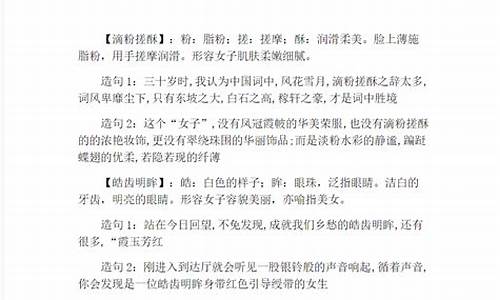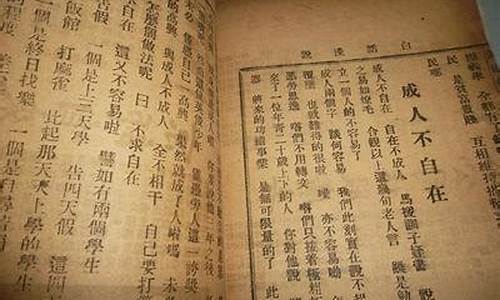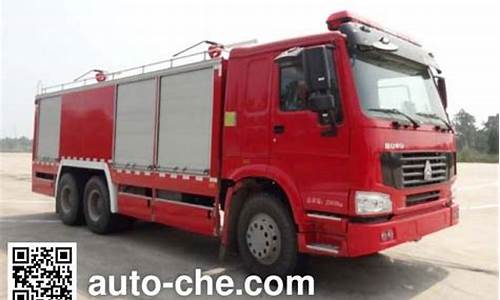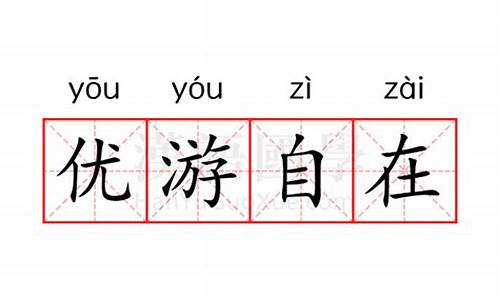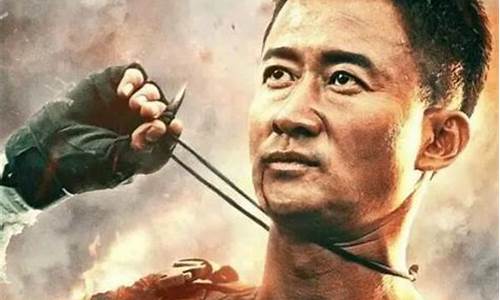您现在的位置是: 首页 > 成语用法 成语用法
猜灯谜用英语怎么拼-猜灯谜 用英语怎么说
tamoadmin 2024-11-03 人已围观
简介中国的节日有很多,每个节日都有其独特的意义和庆祝方式。下面是一些常见的中国节日及其英文表达:1. 春节(Spring Festival):中国最重要的传统节日,也是农历新年。人们会进行各种庆祝活动,如贴春联、放鞭炮、舞龙舞狮等。2. 元宵节(Lantern Festival):农历正月十五,是春节的最后一天。人们会点亮彩灯、放天灯、猜灯谜等。3. 清明节(Tomb-sweeping Day):每年

中国的节日有很多,每个节日都有其独特的意义和庆祝方式。下面是一些常见的中国节日及其英文表达:
1. 春节(Spring Festival):中国最重要的传统节日,也是农历新年。人们会进行各种庆祝活动,如贴春联、放鞭炮、舞龙舞狮等。
2. 元宵节(Lantern Festival):农历正月十五,是春节的最后一天。人们会点亮彩灯、放天灯、猜灯谜等。
3. 清明节(Tomb-sweeping Day):每年4月4日或4月5日,是祭祖扫墓的日子。人们会去祭拜祖先,扫墓并祭奠逝去的亲人。
4. 端午节(Dragon Boat Festival):农历五月初五,纪念古代爱国诗人屈原。人们会划龙舟、吃粽子、挂艾草等。
5. 中秋节(Mid-Autumn Festival):农历八月十五,庆祝丰收和家庭团聚。人们会赏月、吃月饼、玩花灯等。
6. 国庆节(National Day):每年10月1日,庆祝中华人民共和国的成立。人们会举行盛大的阅兵仪式、焰火表演等。
7. 重阳节(Double Ninth Festival):农历九月初九,是老人节。人们会登高、赏菊、喝菊花酒等。
8. 春分节(Spring Equinox Festival):每年春分时节,是农历二十四节气之一。人们会祭祖、扫墓、踏青等。
以上只是一些中国节日的英文表达,每个节日都有其独特的庆祝方式和文化内涵。希望这些信息对你有所帮助!
灯谜英语怎么说?
1、春节(农历一月一日) Spring Festival;Chinese New Year's Day
由来:
Primitive beliefs and sacrificial culture are important factors in the formation of New Year's Day.?
原始信仰和祭祀文化是春节形成的重要因素。
习俗:
such as Lunar New Year's dinner, keeping the age, New Year's money, temple fairs, flower lanterns and other customs.
如团年饭、守岁、压岁钱、庙会、赏花灯等习俗。
2、元宵节(农历一月十五日) Lantern Festival(龙灯节直译)
由来:
The custom of burning lamps on the fifteenth day of the first lunar month is related to the spread of Buddhism to the east.
正月十五燃灯的习俗与佛教东传有关。
习俗:
Lantern Festival mainly includes a series of traditional folk activities,
such as watching lanterns, eating dumplings, guessing lantern riddles and setting off fireworks.
元宵节主要有赏花灯、吃汤圆、猜灯谜、放烟花等一系列传统民俗活动。
3、清明节(公历4月5日前后,农历二月后半月至三月上半月间) Tomb-Sweeping Day
由来:
The Qingming Festival originated from the Spring Festival and the Spring and Autumn Festival in ancient times.
清明节源于上古时代的春祭,春秋二祭,古已有之。
习俗:
Tomb-sweeping, ancestor-sacrificing and outing are common basic etiquette and custom themes.
扫墓祭祖、踏青郊游是共同基本礼俗主题。
4、端午节(农历五月初五) Dragon Boat Festival(龙舟节直译)
由来:
Dragon Boat Festival, with a long history, evolved from the dragon totem worship held in Baiyue in ancient times.
端午节,历史悠久,由上古时代百越举行龙图腾祭祀演变而来。
习俗:
The Dragon Boat picking and rice dumplings are the two main themes of the Dragon Boat Festival.
扒龙舟与食粽子是端午节的两大礼俗主题。
5、中秋节(农历八月十五) Mid-Autumn (Moon)Festival
由来:
The Mid-Autumn Festival originated from the worship of celestial phenomena,
and evolved from the worship of the moon on the autumn evening in ancient times.
中秋节源自天象崇拜,由上古时代秋夕祭月演变而来。
习俗:
offering sacrifices to the moon, enjoying the moon, eating moon cakes,?
playing with lanterns, appreciating osmanthus flowers and drinking osmanthus wine.
中秋节自古便有祭月、赏月、吃月饼、玩花灯、赏桂花、饮桂花酒等民俗
6、重阳节(农历九月九日) Double-ninth Day(重九节直译)
由来:
The origin of Chongyang Festival can be traced back to ancient times. In ancient times,?
there were activities of harvest sacrifice and Mars sacrifice in autumn and autumn.
重阳节的源头,可追溯到上古时代。古时季秋有丰收祭天、祭祀大火星活动。
习俗:
There are customs such as climbing high to pray for blessings, visiting chrysanthemums in autumn, wearing dogwood,?
offering sacrifices to gods and ancestors, and feasting for longevity.
有登高祈福、秋游赏菊、佩插茱萸、祭神祭祖及饮宴求寿等习俗。
百度百科——中国传统节日
灯谜是中国传统文化的一部分,灯谜并不是都题写在灯上,绝大多数情况下是在灯笼环绕的环境里用纸条、彩带、小旗子作为作为载体悬挂供人们阅读猜测结果,如果觉得自己猜中了就可以撕下拿去兑奖,如果答错,由管理人员再次悬挂。里面不仅包括字谜、可以说包罗万象,是对人抽象和逻辑思维的一次综合考验。如果用riddles来表示是欠妥的。我建议执意要用英文,可以用拼音,否则用lanterns riddles,象征代表一下就行了。因为国外没有,就像春卷一样,拼音我觉得足够了。



